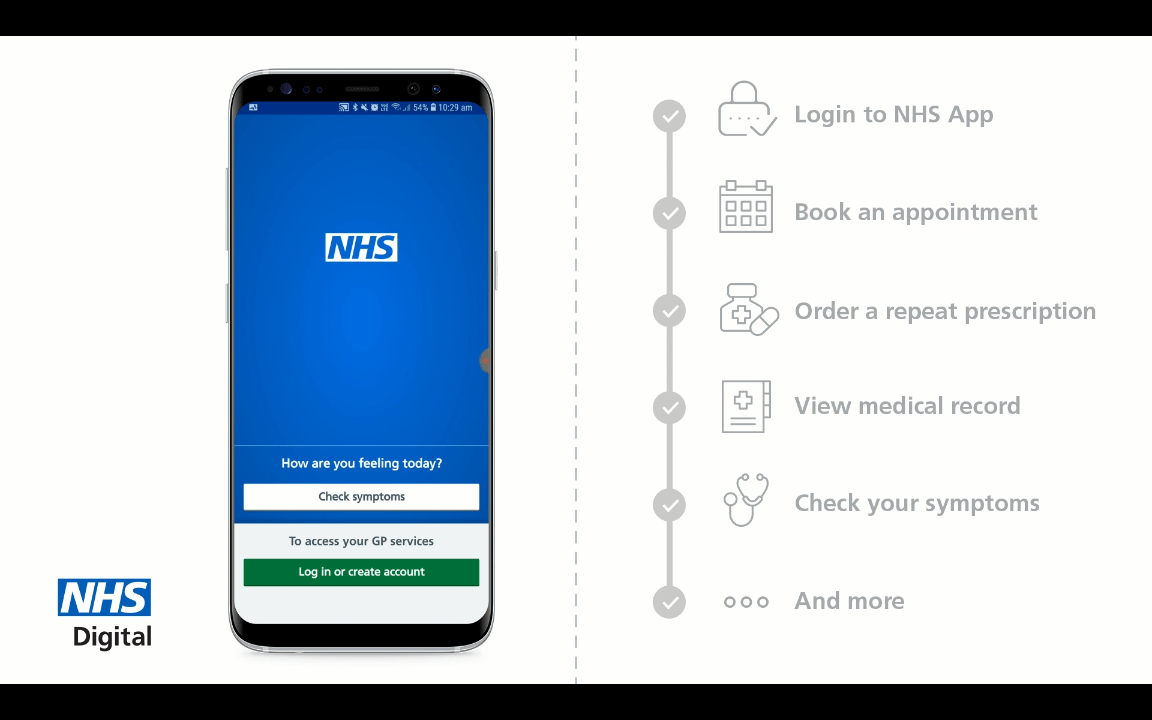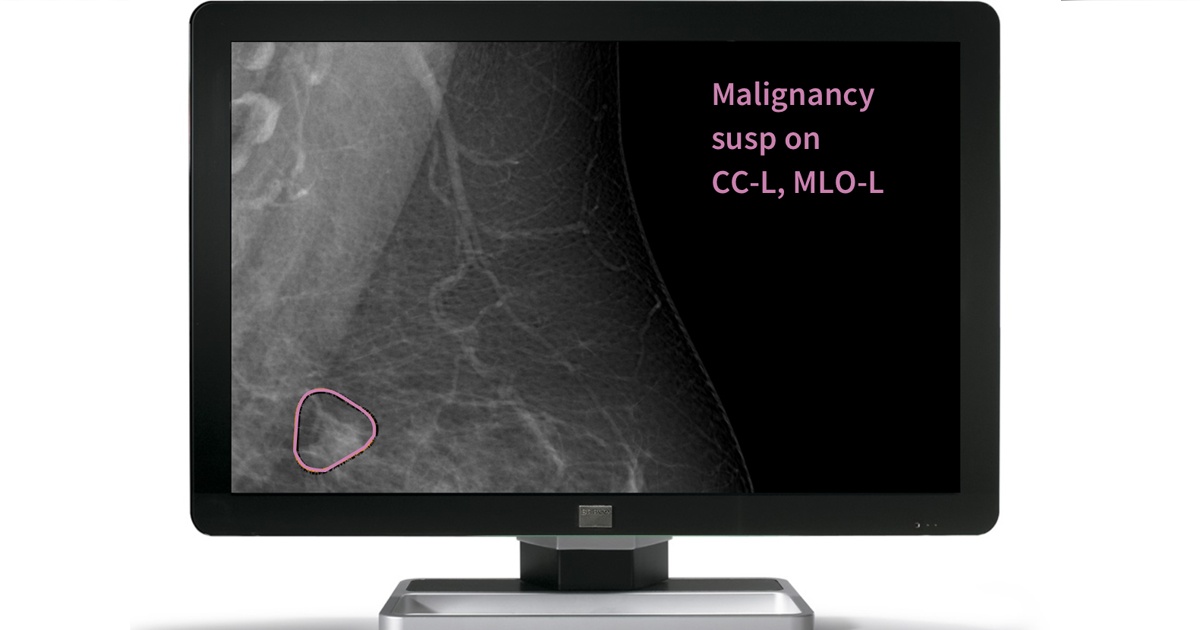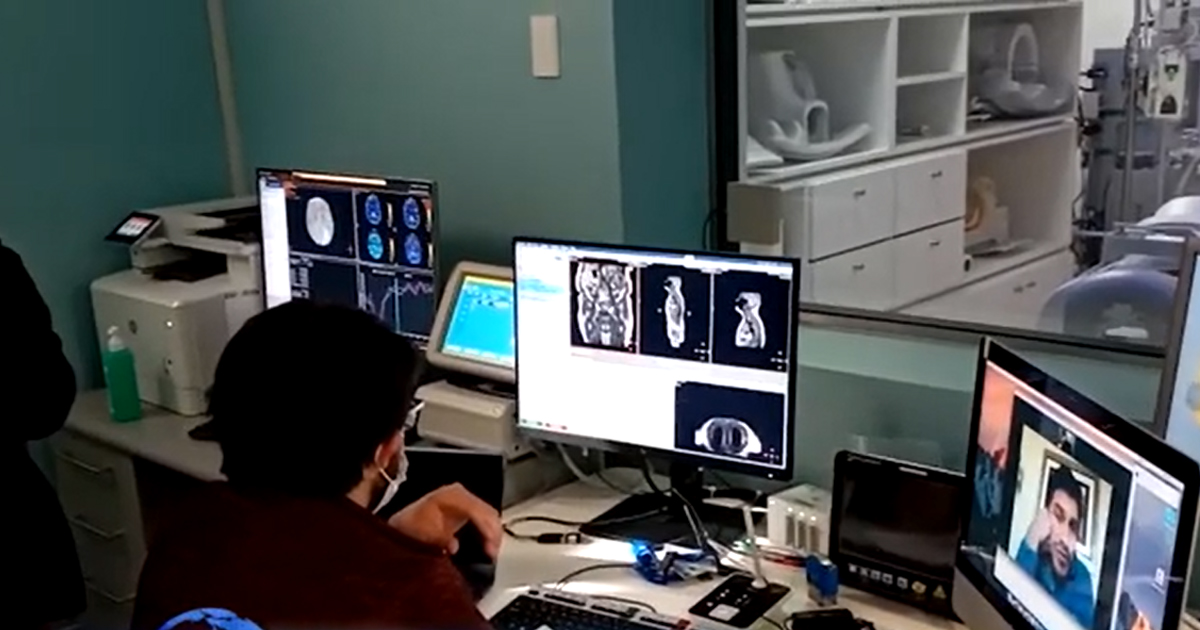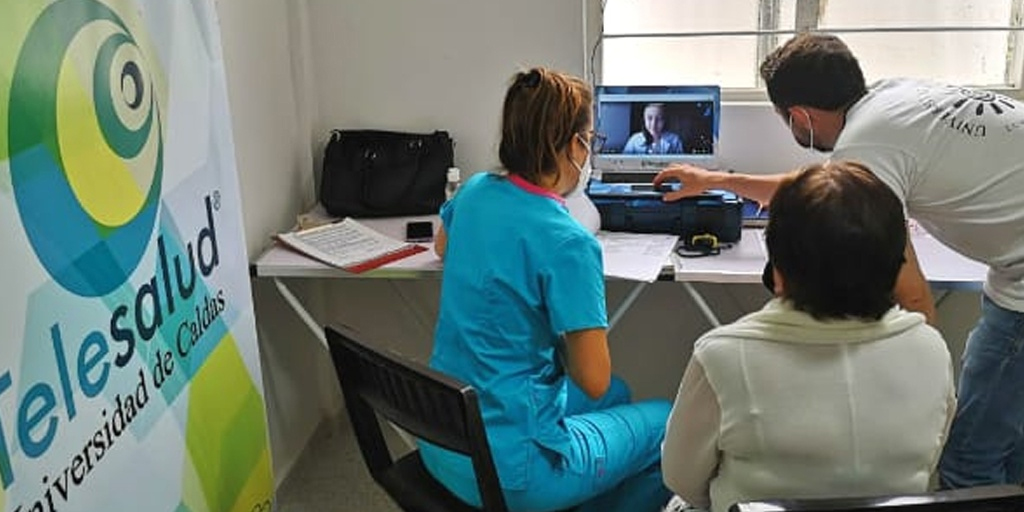The National Health Service of the United Kingdom (NHS) renews its digital systems in order to adapt to the new needs that arise in medical care regarding the emergence of new Information and Communication Technologies (ICT).
Digital platforms are a set of systems that work together to achieve certain tasks through the conjunction of attributes programmed to run automatically.
The new ICTs make it possible for these mechanisms to operate for specialized tasks and meet the requirements for specific treatments such as cancer, hepatitis, heart attacks, etc.
That is the reason why the members of the British National Health Service (NHS) met to highlight the progress and development that Digital Health gives to robust operating systems and how it could be improved.
In this meeting, the infrastructure to which each digital tool is subjected was discussed and the Best of Breed (BoB) was selected, a set of software components integrated with all the possible functions to deal with multitasking and make any decision in any area of medicine.

The objective of these systems is to offer a technological maturation that complements the transformation that is taking place in all health services, as well as the unification and saving of resources to improve results in terms of quality and time.

Thanks to these advances, public organizations can share with all health centers their innovations in the way of performing medical care and, thus, focus on the patient as the center of all this experience.
As a whole, the advantages that technologies and the new digital revolution bring with them to serve the entire population and eliminate the inequality gap in terms of access to public health services can be fully exploited.






